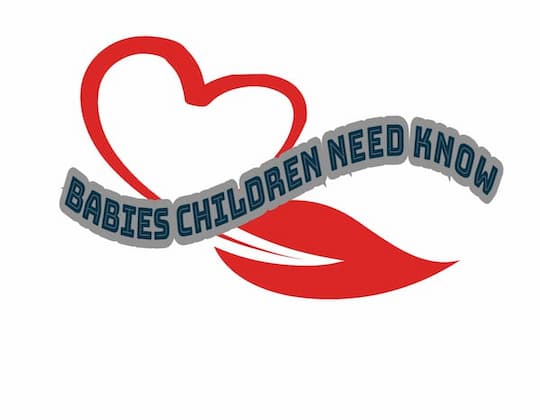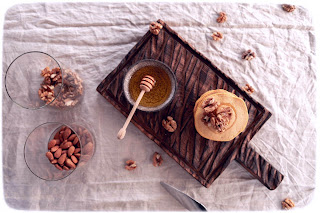6 reasons why you should try adding honey to your infant's diet
Honey has long been known to be one of the healthiest sweeteners, but it can also benefit infants, as recent studies have shown.
If you’re looking to introduce honey into your baby's diet, here are six reasons why you should do so immediately.
1) Promotes oral development
The more we can encourage babies to put things in their mouths during their first year, the better.
Honey can provide an extra layer of protection against allergies, and it may also enhance a baby’s sense of taste and smell.
Babies who regularly consume pureed fruits or vegetables are more likely to recognize these foods later in life than those who consume no solids before six months of age.
In addition, according to pediatricians at Mead Johnson Nutrition, tasting new foods early helps establish healthy eating habits for life.
They report that children aged 4-6 who did not eat fruit regularly tended to have poor attitudes towards fruit, while those who had tried fruit multiple times as infants were much more likely to view fruit as a desirable snack.
2) Aids indigestion
The high level of natural enzymes found in honey makes it a great supplement for infants.
Using only a few teaspoons at a time, will not only soothe an upset stomach but also aid digestion.
Honey has anti-inflammatory and antiseptic properties that help relieve symptoms of teething and infections such as thrush. It even acts as a mild laxative! In addition, local raw honey is loaded with nutritional properties that may help improve overall health including vitamins A, B6, C and E, niacin, and folate.
Plus, consuming small amounts of local honey (1–2 tsp) can boost immunity thanks to pollen collected from flowers.
Some studies have also shown that beeswax provides relief from indigestion.
It coats your baby’s tummy like armor protecting against potential allergies associated with formula feeding or typical food allergies in general.
3) Helps regulate bowel movements
Because of its antibacterial and antifungal properties, honey may help get rid of some of these undesirable organisms.
Because intestinal bacteria is one major cause of an upset stomach, it may help curb colic, diarrhea, constipation, and gas. It also encourages probiotic growth (your digestive system needs good bacteria to thrive!).
If that’s not enough, here are three more:
1) consuming at least two teaspoons of raw honey daily can help lower cholesterol;
2) consuming even small amounts help strengthen immunity;
3) children who drink raw or unpasteurized honey grow better and stronger because of increased vitamins!
And that’s just a few! You'll find other uses for pure, unprocessed Raw Honey by reading our previous post entitled.
4) Treats constipation without having to use chemicals
Honey is a powerful laxative, so it’s no surprise that it can treat constipation.
In fact, according to a study published in Pediatric Research, babies who ate 1 tablespoon of raw honey per day for one month had significantly more stool movements than babies given only water.
If your baby is struggling with constipation—or colic—giving him a few teaspoons of high-quality (raw) local honey may be just what he needs.
5) Has antibacterial properties
Honey contains a compound called methylglyoxal (MGO), which has strong antibacterial properties.
A German study found that MGO destroyed various strains of bacteria, including those that cause meningitis, pneumonia, and food poisoning.
Another important aspect of MGO is its ability to destroy antibiotic-resistant superbugs without harming beneficial gut flora.
A spoonful of sugar might help pass your toddler’s next vaccine injection! Yes, really: Babies who received regular doses of honey alongside their vaccines showed stronger immune responses than infants who got no sweet treat after vaccination—and also had higher rates of protective antibodies at six months old compared with babies who didn't get honey after shots.
In fact, for every 1 percent increase in immunoglobin levels among infants receiving vaccinations with honey as a sweetener, there was an 11 percent drop in infant mortality due to infectious diseases!
It seems plain old sugar can not only be used for simple pleasure or energy—it can actually help prevent death.
6) It tastes great!
A spoonful of honey before bed can help many adults nod off more easily.
Imagine what it could do for a baby.
In addition, honey contains an enzyme called glucose oxidase, which helps protect babies against a deadly disease called botulism.
But that’s not all! Honey is also high in antioxidants and has antiseptic properties, making it a natural cleanser for babies’ sensitive skin and a safe alternative to potentially harmful chemical-based products that are currently on the market.


Comments
Post a Comment